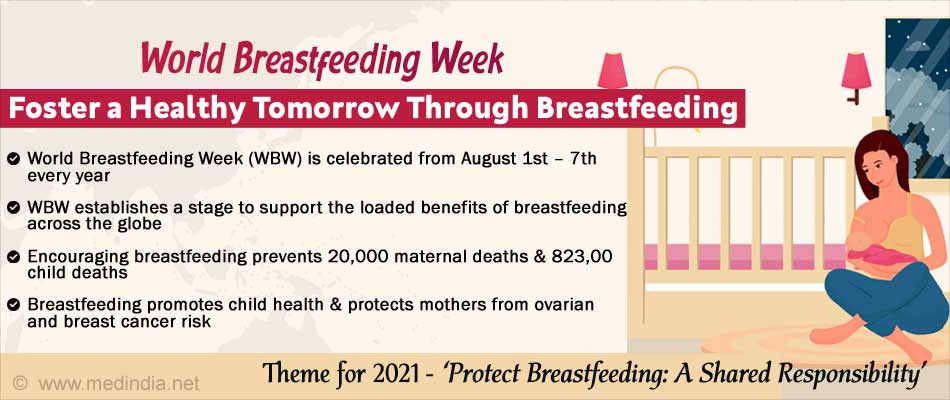.
‘Closeness with dads may play a special role in surviving the adolescence period.’
“Adolescents tend to feel emotionally closer to their mothers than to their fathers and mothers tend to have supportive conversations with their children more frequently than fathers do. This may make emotional closeness with fathers more salient and, in turn, protective against these common adjustment problems experienced during adolescence”, said Anna Hochgraf, doctoral candidate in human development and family studies.
Adolescence is a period of development that includes many biological, cognitive, emotional and social changes that can lead to certain adjustment issues, weight concerns, low self-esteem, and depressive symptoms, especially for girls.
Though previous research has shown that close relationships with parents have the potential to help protect against the development of some of these problems, researchers wanted to explore the topic further, breaking the results down by participants’ age, gender, and relationship with each parent.
“We wanted to investigate when during the course of adolescence intimacy with mothers and fathers becomes a protective factor for body image concerns, depressive symptoms, and low self-esteem, and whether intimacy is more strongly associated with positive adjustment at some ages than at others,” Hochgraf said.
The researchers recruited 388 adolescents from 202 two-parent families with both fathers and mothers for the study.
The data was gathered at three checkpoints when the participants were between the ages of 12 and 20, and included information on participants’ weight concerns, symptoms of depression, and self-esteem, as well as measurements of intimacy between parents and their kids.
Intimacy was measured by the participants answering questions such as how much they go to their mother or father for advice or support and how much they share inner feelings or secrets with them, to which the adolescents responded with a score ranging from one to five.
After analyzing the data, the researchers found several different effects of parental intimacy on their sons and daughters at different times throughout adolescence. These effects were also different between mothers and fathers.
This study recently published in the Journal of Family Psychology highlights the importance of parents being close, open and supportive with their children.
There are a number of evidence-based, family-centered prevention programs that can help parents improve or maintain positive relationship quality and communication with their children throughout adolescence to prevent multiple adolescent adjustment problems.
Source: Medindia



